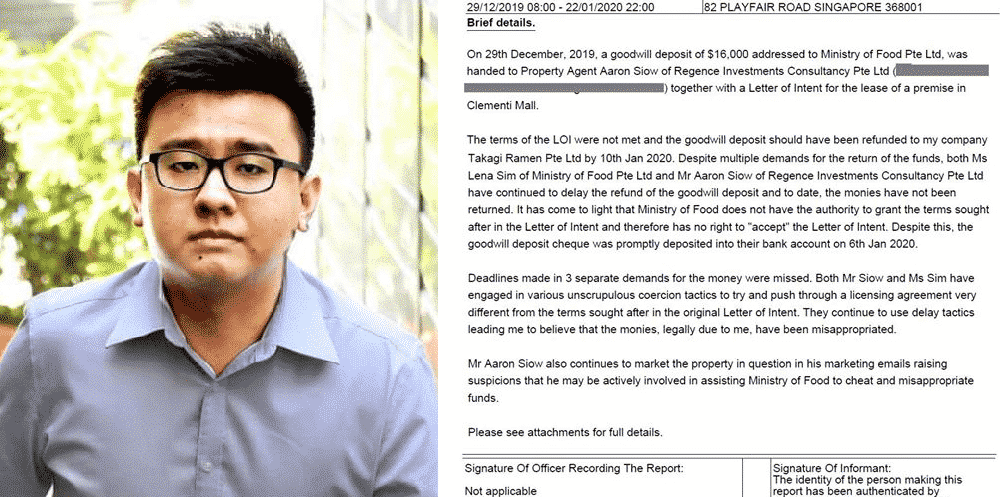~Editorial~
February 2012 will be remembered as the month in which defamation lawsuits, or at least their threat, made their unwelcome return to Singapore’s political landscape.
First, lawyers acting for Minister for Law and Foreign Affairs K. Shanmugam wrote to Mr Alex Au of yawningbread.org, requesting that he remove certain comments made by Mr Au (see: HERE). Mr Au has complied.
Then, just days after Mr Richard Wan identified himself in public as one of TR Emeritus’s editors for the first time ever, lawyers acting for Prime Minister Lee Hsien Loong served a letter of demand on him, demanding that TRE take down a specific article; publish an apology for a period as long as that article had remained on the site; and disclose the identity of the writer (see: http://journalism.sg/2012/02/20/hard-landing-tremeritus-welcomed-into-the-open-with-defamation-threat/). TRE has removed the article, and Mr Wan has said that TRE will apologise as well.![]()
We at TOC are dismayed by these developments, not least because they fly in the face of the Government's promised 'light touch' approach to Internet regulation. Defamation lawsuits by political figures are likely to have a chilling effect on speech by legitimate actors who try their best to stay within the law, while being ineffectual in stopping others (frequently anonymous) who are not so concerned from spreading the allegedly defamatory statements. While it is not possible to ascertain if the former has materialised, the latter is certainly already happening.
Retractions and apologies resulting from defamation lawsuits, or the threats of such lawsuits, are clearly useless in convincing people as to the truth. The allegations that the Prime Minister complained about, and defamation lawsuits in response, have been repeated on-and-off over the past decade. Ten years later, and people are still saying the same things.
Furthermore, after all these years of going online, our leaders should have learnt by now that the sheer multiplicity of online media and its resourcefulness means that such legal actions will stoke the fires more than extinguishing them. The lawyer's letter to Mr Au, for example, probably got many citizens curious enough to hunt for the rumours referred to by Mr Shanmugam's lawyers.
The above is not to say that these allegations are true; rather, it simply shows that defamation lawsuits and lawyers’ letters are useless as tools for convincing people as to the truth. Sadly, our leaders have seemingly not yet learnt this important lesson.
A better way to respond to defamation in today’s world, is to directly rebut the claims. While this can be difficult if one is seeking to prove a negative, it is still much more effective than lawsuits and legal letters. Tell your own story, openly, frankly and candidly. An authentic and honest response will always ring true, and people will be able to tell your sincerity for what it is.
But then, old habits do die hard.






